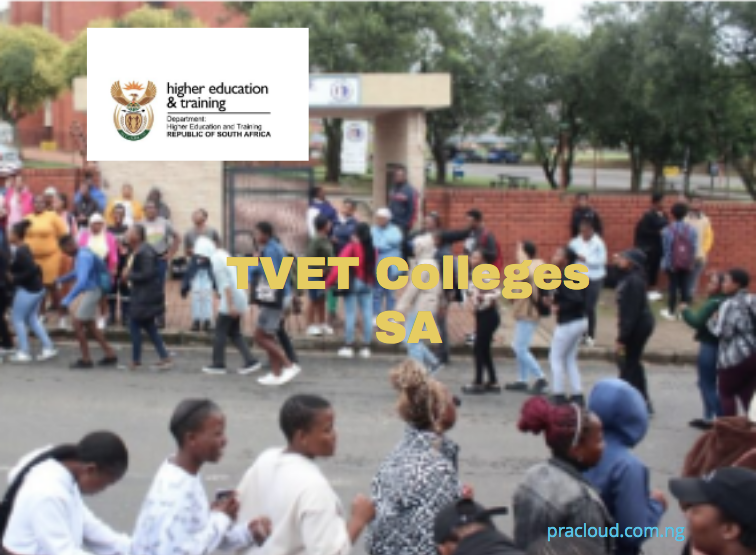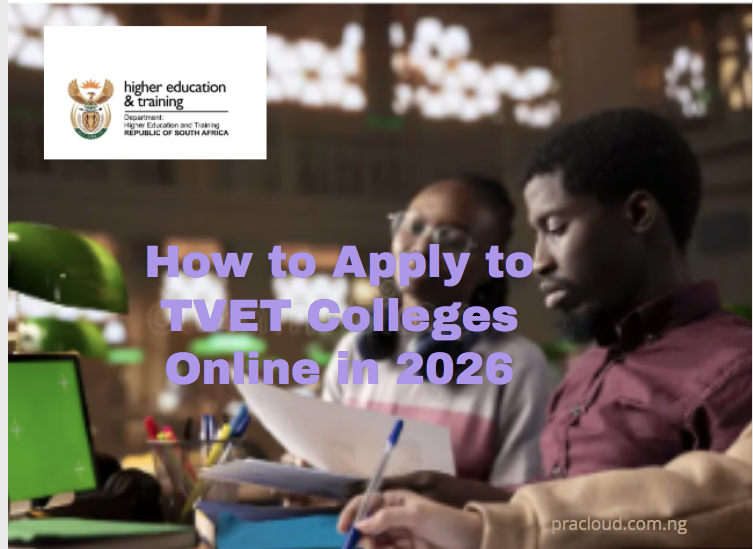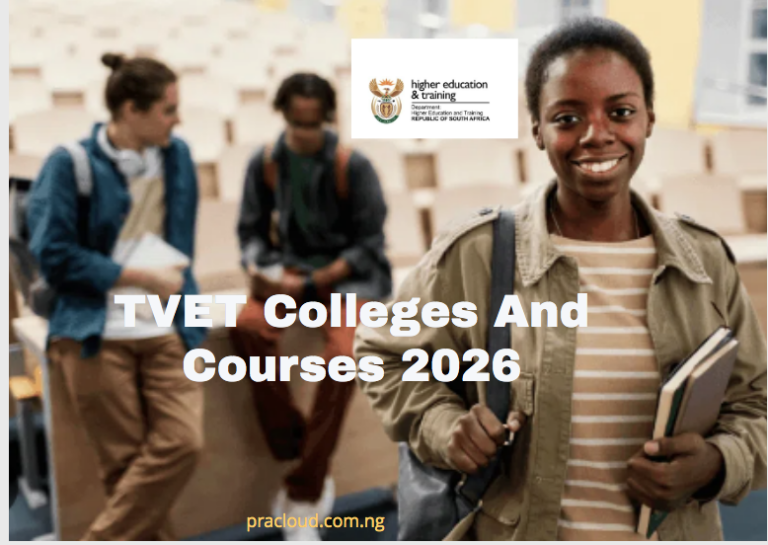Stigma With TVET Colleges
Stigma With TVET Colleges
Stigma With Tvet Colleges
In many societies, education is often viewed through a narrow lens that places universities on a pedestal while overlooking the value of technical and vocational education. As a result, TVET colleges are frequently seen as a “second option” or a last resort for students who didn’t perform well academically. This stigma has led to many young people shying away from vocational training, even when it aligns more closely with their skills, interests, or career goals. The perception that TVET colleges provide less prestige or lower-quality education not only limits student choices but also undermines the importance of practical skills in today’s workforce.
What many people fail to recognize is that TVET institutions play an important role in equipping students with hands-on experience and job-ready skills that are in high demand. In fields such as engineering, hospitality, information technology, and the trades, TVET graduates often find employment more quickly than their university counterparts. Still, the outdated belief that academic paths are superior continues to influence parents, educators, and even employers.
The stigma surrounding TVET colleges is not just harmful to individual students, it also affects national development. Countries struggling with high youth unemployment and skills shortages can benefit significantly from strong vocational education systems. By undervaluing TVET, society risks missing out on a skilled, innovative, and adaptable workforce.
TVET Colleges experience severe and significant stigmas:
- To begin with, unlike other technical institutes, TVET colleges lack a suitable curriculum. As a result, kids could struggle to follow a flow.
- The logistical difficulties one must endure as a result of inadequate finance for such colleges are another stigma attached to TVET colleges.
- Since graduates from TVET colleges typically lack a genuine graduate degree compared to those from technical institutes, they are frequently not viewed favourably when compared to degree holders.
- These students are frequently wrongly classified, too.
Read Also: Challenges Faced By TVET Colleges In South Africa
Documents needed when applying to TVET Colleges
To apply to any TVET Colleges, you must provide the following documents:
- An email address that is unique and valid, as well as a phone number.
- 3 certified copies of the parents’ or legal guardian’s identification
- Learner South African applicants will require three certified copies of their identification.
- The passport numbers of foreign applicants will be required.
- a copy of your academic credentials (eg, Senior Certificate)
- Proof of residency; a certified copy of your most recent results (Grade 9 or higher).
- Foreign qualifications that have been approved by SAQA
- Proof of medical coverage or insurance
- Permit to study in good standing
Contact Information
- Visit: 123 Francis Baard Street, Pretoria, South Africa
- Private Bag X174, Pretoria, 0001
- Contact Details: 0800 87 2222/+ 27 12 312 5911 | callcentre@dhet.gov.za
For more information, visit the official website of Tvets Colleges.
SOME RELATED ARTICLE






